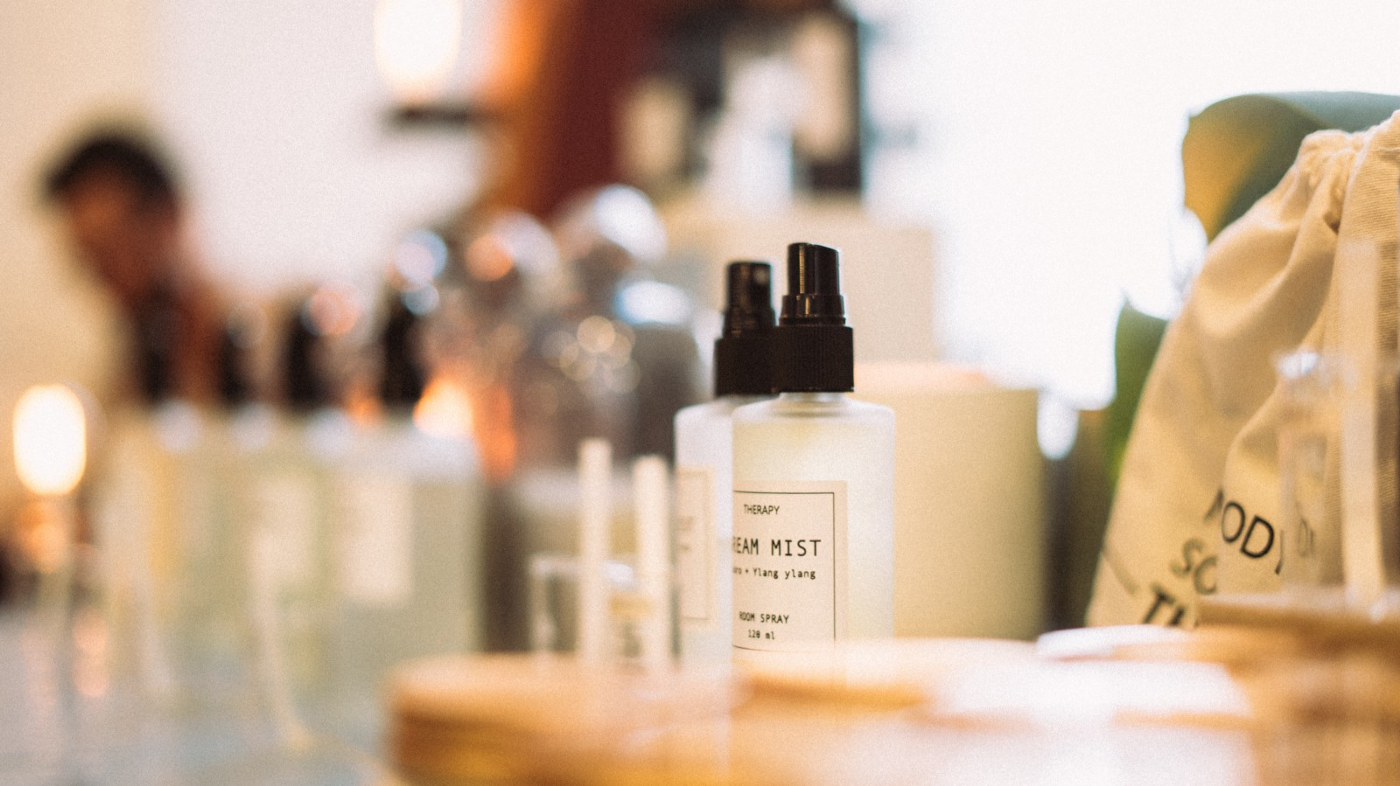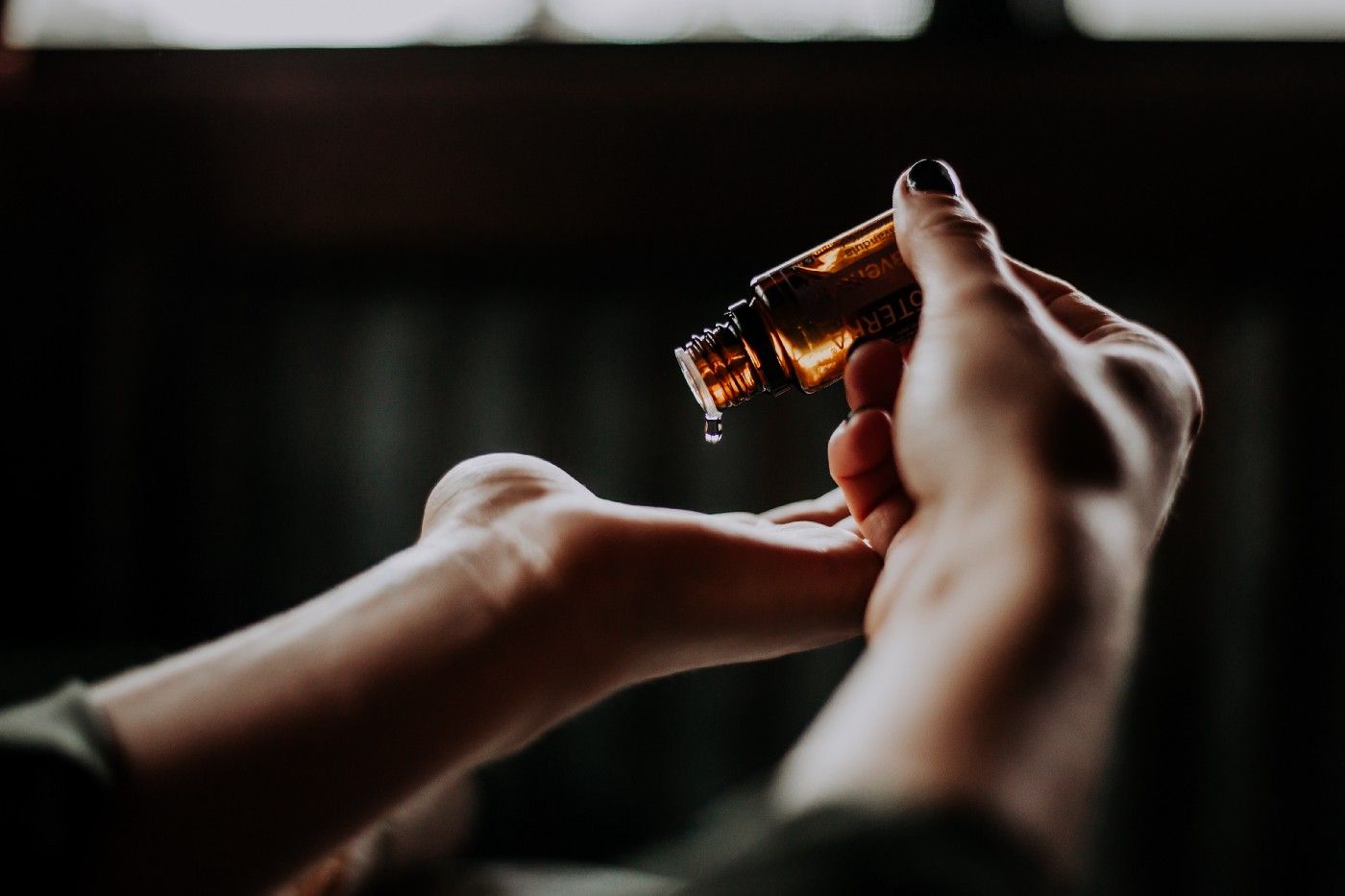If you were ever confused or worried about the vague “fragrance” on your body lotion package, read on: in this article we’re answering all your burning questions.
Let’s dive in!
What is fragrance?
Fragrance is a mixture of chemicals that is used to create a scent in makeup and skincare products like shampoos, creams, lotions, and deodorants.
Why manufacturers never say what’s in the fragrance?
Indeed, it is unclear what is precisely in the said fragrance, and companies have a right to keep it a “trade secret.”
While they don’t have to list all the ingredients on the label, it’s nearly impossible to “steal” and reconstruct a scent anyway.
How can we be certain a fragrance is safe?
There are a few safety standards to keep up with.
First, the biggest manufacturers of fragrance formed an institute that studies and tests perfume — the Research Institute for Fragrance Materials, or RIFM. The International Fragrance Association (IFRA) safety standard is based on the institute’s research and is mandatory for all fragrance manufacturers.
Second, almost all countries, including the USA, have their own mandatory safety standard for fragrance.

What is the difference between synthetic or natural fragrance?
Natural fragrances contain chemicals that are of a natural origin (a mixture of essential oils), and synthetic fragrances don’t.
Is natural fragrance safer than synthetic?
All in all, not really.
The composition of a synthetic fragrance is more predictable, stable, and controllable. Meanwhile, one batch of essential oil is different from another one as growing conditions are different month to month and plant to plant. If anything gets incorporated into the plant while it’s growing, e.g. a microbe, it is very likely it can cause allergy.
Allergy?
Yes, fragrance is a #1 reason of skin allergy and sensitivity.
What are the symptoms of fragrance allergy?
The most common symptoms of fragrance allergy are skin irritation, itching, ashes, sneezing, coughing, runny nose, and watery, itchy eyes.
Most people aren’t allergic, though, so make sure to consult with your doctor to see if your allergy is caused by fragrance or something else.
Which ingredients to avoid if I’m prone to allergy?
If you’re prone to allergy, we recommend avoiding fragrance whatsoever: choose products with “fragrance free” written on the label.
If this is not an option, make sure you avoid all essential oils and these highly allergenic fragrances:
- Amylcinnamic alcohol
- Anisyl alcohol
- Benzyl alcohol
- Benzyl salicylate
- Cinnamic alcohol
- Cinnamic aldehyde
- Coumarin
- Eugenol
- Geraniol
- Hydroxycitronellal
- Isoeugenol
- Musk ambrette
- Oakmoss absolute
- Wood tars
What about the kids?
Kids’ skin is super sensitive and prone to irritation, and it’s better to use fragrance-free skincare products. And yes, without essential oils as well!
What are your thoughts on fragrance — are you pro or contra? Let us know in the comments below!
Join the budding community of conscious consumers right now and help save the planet! The NatureHub Conscious Community app is now available on both Google Play Store and iOS App Store.
Download it here: Apple iOS • Android






